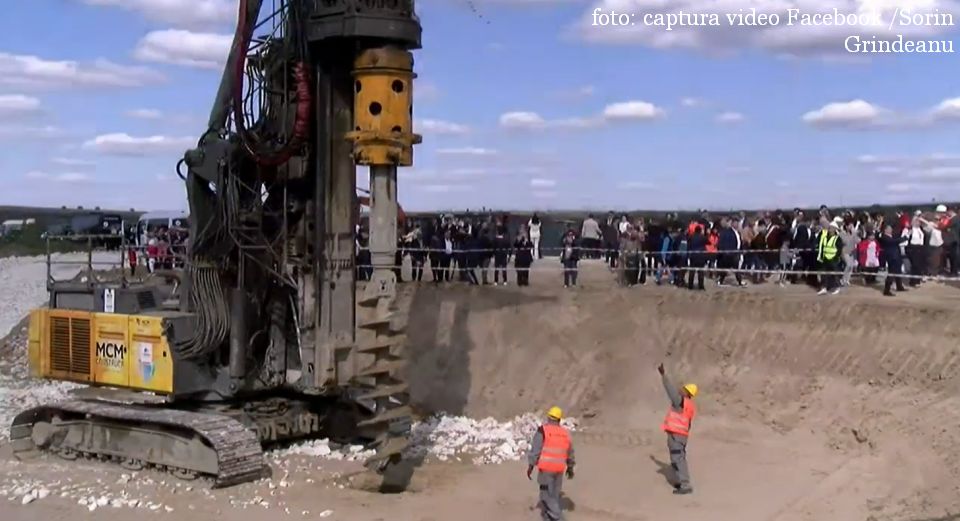Talks on magistrates’ retirement continue
Romanian senators have postponed debates on the bill on magistrates’ retirement.

Roxana Vasile, 29.04.2025, 14:00
The Romanian Senate has postponed by two weeks a debate on the bill amending the retirement age for magistrates and how their pensions are calculated. A professional category enjoying special status, judges and prosecutors currently retire before turning 50, while their pensions are not calculated, as for the majority of pensioners, based only on their social security contribution throughout their work life, but based on an algorithm that provides them with a more than considerable income. This has been the cause of much discontent among the general population, on grounds that it shows a major inequality.
Last week, the Chamber of Deputies passed a bill aimed to amend retirement rules for magistrates under which their retirement age was raised to 65 from January 2026, while the pensions of judges and prosecutors would not exceed the net amounts earned during their last month in employment. The bill reached the Senate, which is the decision-making body in this specific matter, where it was supposed to be fast-tracked.
The head of the labour committee, the Social Democrat senator Marius Humelnicu, believes, however, that a more thorough analysis is required, as well as a transition period for raising the retirement age:
“We shouldn’t change the rules during the match. Why? Because one cannot become a judge or prosecutor and then tell them they have to retire at 65, but we need a transition period, perhaps raising the retirement age every 6 months.”
The Save Romania Union, in opposition, said the bill approved by the Chamber of Deputies may not pass the constitutionality test. Ştefan Pălărie, a senator from this party:
“The reform must be made, but not in a sloppy way. Changing the retirement age from 48 to 65 overnight will lead to hundreds, thousands of retirements.”
As a result, although it was described as an emergency, the Senate vote will not take place for another two weeks. Passing a new law to regulate magistrates’ special pensions is a condition for unblocking 230 million euros worth of EU funding under the National Recovery and Resilience Plan. In the first part of the year, the European Commission has suspended payments over missed milestones, including the failure to reform these pensions.






























